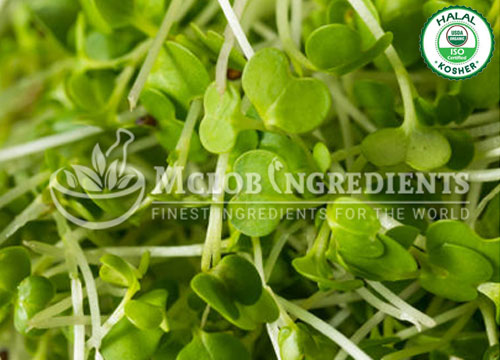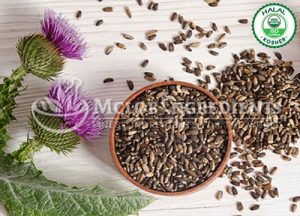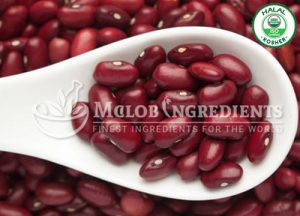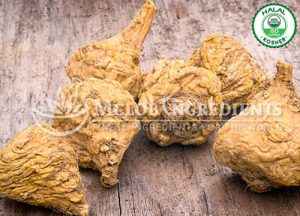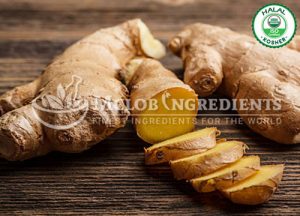Alfalfa is a plant that for hundreds of years has been grown as feed for livestock. In the legume family, Alfalfa is a part but it’s also considered an herb. It was contain a high amount of vitamins especially Vitamin K and vitamin C and folate, minerals such as copper, manganese, and protein compared to other feed sources. It is native to South and Central Asia, but it has been grown around the world for centuries. It’s used as a medicinal herb for humans. Its seeds or dried leaves can be taken as a food supplement or the seeds can be sprouted and eaten in the form of alfalfa sprouts. People typically consume alfalfa in the form of alfalfa sprouts or as an herbal supplement. Due to the seeds or leaves being sold as herbal supplements and not as foods, no standard nutrition information is available. Alfalfa sprouts are very low in calories. Alfalfa also has a high content of bioactive plant compounds, including saponins, flavonoids, phytosterols, coumarins, phytoestrogens, and alkaloids.
Benefits :
- Alfalfa is an herbal supplement used for the treatment of asthma, high cholesterol, arthritis, diabetes, diuresis, indigestion, and excessive bruising or bleeding.
- Alfalfa may be effective in the treatment of the inability to break down fats or lipids in your body, specifically cholesterol and triglycerides as it decreases the absorption of cholesterol.
Side Effects :
Some side effect are as follow:-
- lack of red cells, white cells, and platelets in the blood (from ground alfalfa seeds)
- sun sensitivity.
Dosages of Alfalfa:
Taken Alfalfa 5-10 grams three times per day by oral route.
Interaction:
Do not take the following combination-
- Warfarin or Coumadin interacts with Alfalfa. Alfalfa contains large amounts of vitamin K that is used by the body to help blood clot. Through this interaction, alfalfa might decrease the effects of warfarin.
Precaution:
- Avoid those who haautoimmuneimmune condition due to increased activity of the immunity system that could increase the symptoms of this disease.
- Avoid those who have Hormone-sensitive conditions such as uterine cancer, breast cancer or ovarian cancer, uterine fibroids, or endometriosis because alfalfa has the same effect as estrogen.



